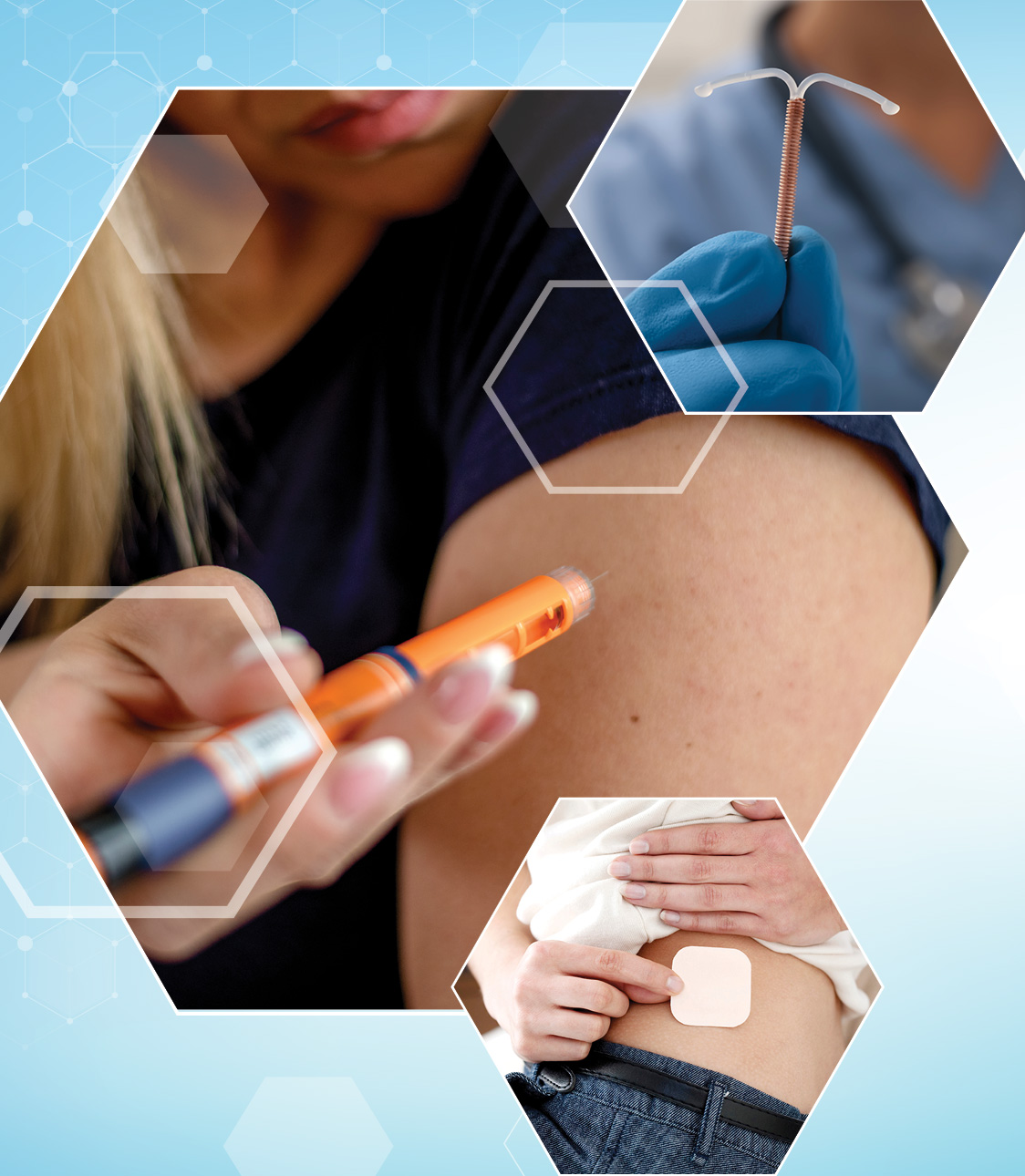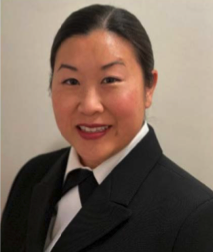Complex generic drug-device combination products are typically difficult to develop, which means that many of these products face less competition than non-complex products, and therefore can be more expensive and less accessible to the patients who need them. FDA and the Center for Research on Complex Generics (CRCG) are offering a training, Drug-Device Combination Products 101: Identifying, Developing, and Evaluating Drug-Device Combination Products, to support the efficient development of complex generic drug-device combination products and to discuss ways to enhance the quality of ANDA submissions for these products.
The purpose of this training is to describe FDA’s regulatory expectations and practices for pre-ANDA assessment and ANDA review of generic drug-device combination products, especially those with complex device constituent parts. For these products, ANDAs should include comparative analyses between the device user interfaces of the proposed generic product and its reference listed drug (RLD) as well as data supporting the quality and performance of the overall product. As the complexity of drug-device combination products increases, challenges with product development and demonstration of substitutability may also increase.
Hybrid Experience
The training will offer both in-person and remote attendance options first four sessions. The training will be held at the Universities at Shady Grove in Rockville, Maryland.
The training will also include an interactive fifth session for in-person attendees only that will allow participants to apply the learnings from the first four sessions to a mock generic drug-device combination product development process. The fifth session will offer opportunities to handle and manipulate a variety of relevant devices.
During the training, FDA, CRCG, and generic drug industry experts will share information about:
- combination product classification
- challenges with device development and comparative user interface assessment
- methods for evaluating whether differences in the user interface may increase risks for user errors compared to the RLD when generic substitution occurs, and
- demonstration of product quality and performance
FDA and the Center for Research on Complex Generics—which is a collaboration between the University of Maryland School of Pharmacy and the University of Michigan College of Pharmacy—are dedicated to advancing programs that stimulate scientific dialogue, disseminate current insights about complex generics, and generate new knowledge in support of FDA’s mission to promote and protect the public health by increasing access to safe and effective generic medicines.
Learning Objectives
- Define drug-device combination products and discuss the drug-device combination product classification process
- Discuss how human factors should inform user interface development
- Identify generic drug industry challenges and obstacles that impact various aspects of complex generic drug-device combination product development and management across the product lifecycle.
- Review best practices for comparative analyses between the device user interfaces for a proposed generic combination product and its RLD
- Discuss when comparative analyses may be sufficient to justify user interface differences between a proposed generic and RLD and when additional data and/or information may be needed.
- Review best practices for comparative use human factor study design, execution, and reporting and discuss FDA research on other types of studies that could provide data to support user interface differences.
- Discuss GDUFA-funded research efforts to address scientific challenges and gaps that hinder development and assessment of complex generic drug-device combination products
- Discuss product quality and performance considerations for complex generic drug-device combination products such as prefilled injection pens, transdermal systems, intravaginal systems, implants, and intrauterine systems.
- Discuss pre-ANDA interactions with FDA and how to leverage these opportunities to enhance ANDA submission quality for complex generic drug-device combination products
Audience
This training is primarily suggested for the generic drug industry and other involved collaborators, including consultants and contract research organizations that support generic drug applications.


 Director, Regulatory Affairs, Padagis Israel Pharmaceuticals Ltd.
Director, Regulatory Affairs, Padagis Israel Pharmaceuticals Ltd. Regulatory Council, DPD, OGDP, OGD, CDER, FDA
Regulatory Council, DPD, OGDP, OGD, CDER, FDA
































